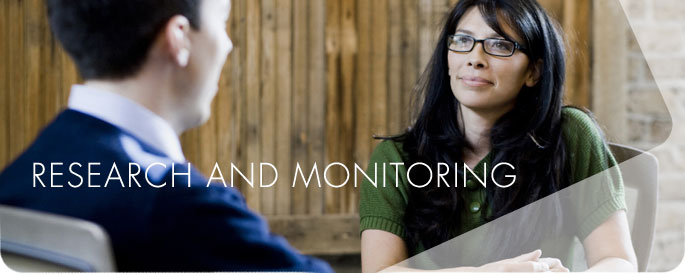
Research and monitoring
Credible research underpins our work, and provides evidence-base for strategic litigation and advocacy.
“Research is the engine room of improving the lives of we 650 million people with disabilities on this planet.”
Professor Ron McCallum, Chair of the UN Committee on the Rights of Persons with Disabilities
What is research and monitoring?
Our research and monitoring programme carries out investigations to establish facts, which we use in advocacy and strategic litigation.
Why does MDAC do research and monitoring?
There is a dearth of credible information across all of our human rights goals. For example, we know anecdotally that there are many human rights violations inside social care institutions, but there are very few credible, thorough reports which organisations can use to call for reforms. We carry out research and monitoring to build an evidence-base of fact, which we can frame as human rights issues and use in our advocacy and strategic litigation to instigate law reform and call for social change.
How does MDAC do research and monitoring?
We carry out our research and monitoring in collaboration with a range of partners – persons with disabilities, academics, social scientists, people working for governments or intergovernmental organisations. Our research takes a human rights-based approach, is multidisciplinary, credible and of utility in a broad range of forums and stakeholders. Our research is exploratory in that it investigates issues previously inadequately scrutinised. It is descriptive, in that it reports on attitudes, on practice and on progress, gathering systematically in one place, information previously scattered. It is evaluative in that it analyses pertinent issues such as laws, policy, their implementation and impact and the external environment driving these issues. It is emancipatory in that it engages and empowers research “subjects” through active participation. Finally it is strategic in that it allows us to respond to analysis through our other three programmes of strategic litigation, advocacy and capacity-building.

